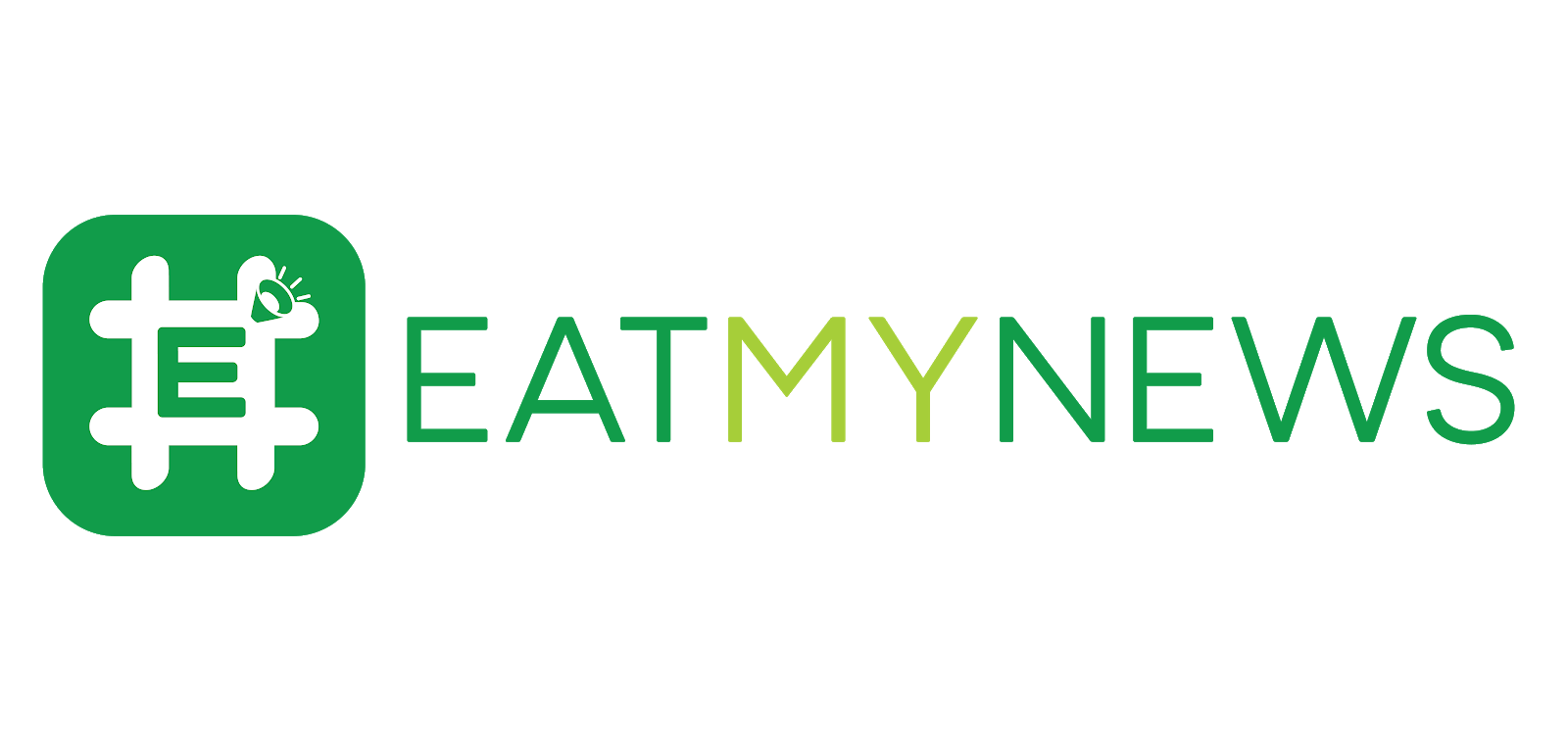In today’s world, as fresh graduates, the only thing that helps you to stand out among your peers is the way you create your first impression. The company you are seeking a job will surely be looking at candidates who present themselves in a manner suitable for them. Nowadays, companies are structured like close-knit families, any new employee has to adjust himself with the way these companies work.
In order to get the job that suits you the best and the company to hire you, it is important that you impress the interview panel within seconds of meeting them. It can be noted that, within the first seven seconds of meeting, people will have a solid first impression of who you are and some research suggests, a tenth of a second is all it takes to start determining traits like trustworthiness.
There may be certain ways in which you can create a long-lasting impression on your recruiter -
1. Work on Your Resume
Your resume is the prima-facie note about yourself. It includes all about yourself from your educational qualification to your extra-curricular activities, it is significant that your resume is drawn up in a neat format with well-organized information.
Don’t try to include unnecessary information, highlight points not covered in your resume in postscripts.
2. Prepare for Everything
While approaching a company for a job, it is vital that you have done your homework about the job, the company, and the industry in which it belongs. When you are called for an interview, make sure that you reach a few minutes earlier so as to calm and compose yourself before facing the panel. In case due to circumstances, you are going to be late, make sure to communicate with the company beforehand. Dress appropriately and have a firm handshake.
3. Work on Your Body Language
Be confident, your selection after the interview is majorly based on how you present yourself. It can be perceived that 7% of your communication is the actual words you say, 38% is the vocal elements like intonation, and 55% account for the non-verbal postures and expressions.
Avoid touching your face as it may give outlying signals. Keep your hand gestures steady and only to emphasize a point.
Palm upwards signifies that what you are saying is honest and trustworthy and touching your heart signifies what you are saying is genuine. Steeping is a sign of confidence, conversely clasping your hands is a sign of self-comfort and anxiety.
After a day of the interview, send an acknowledgment email to the point of contact of the company, thanking them for their time. It helps the company to remember and have a better judgment about you. It also allows you to present any important information that you forgot to mention during the interview. It also grants you to clarify anything that you feel you did not present effectively. It places you back into your interviewer’s awareness.
Thus, to conclude, it is necessary to be confident, ready for anything, well-dressed, soft-spoken, and grateful before you go for an interview. These are some of the most important qualities which you as a candidate must possess to create a long-lasting impression on your future employer.
Written by - Saee Wagh
Edited by - Mayank Tak








Social